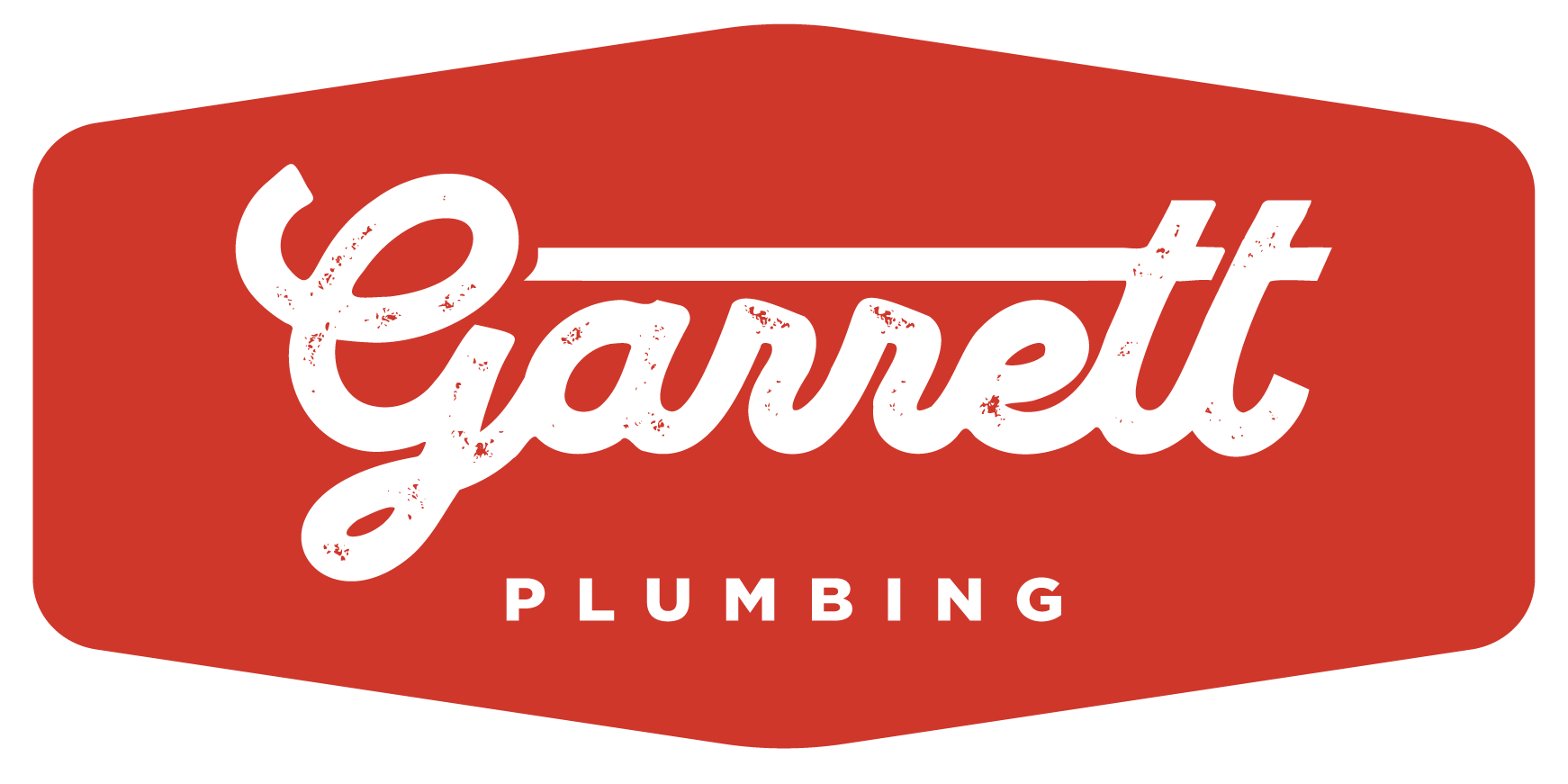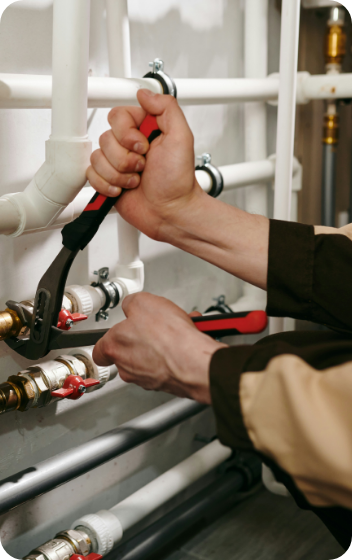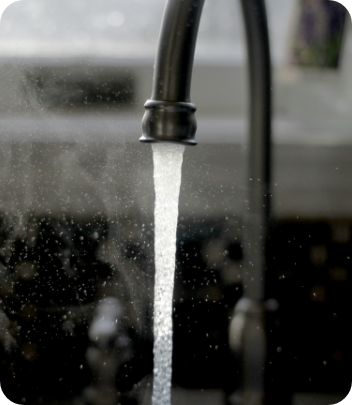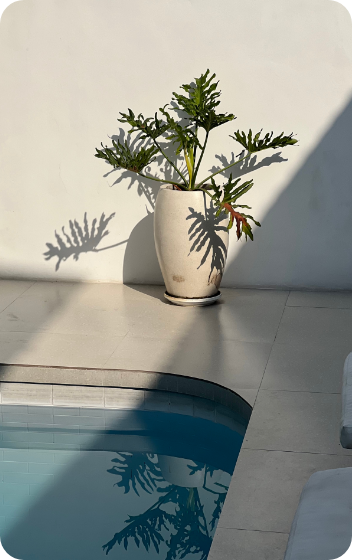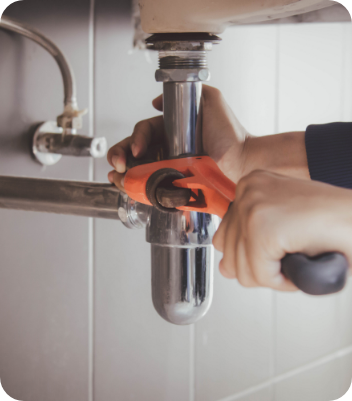Why You Shouldn’t Use Drain Cleaner
Here’s why:
Weakened Pipes
Damaged Plastic Pipes
Limited Effectiveness
Hot Water, Baking Soda, and Vinegar
- Start by pouring a pot of boiling water down the drain.
- Add a half cup of baking soda and let it sit for a few minutes.
- Slowly pour a mixture of one cup of vinegar and one cup of hot water down the drain.
- Cover the drain to let the reaction work its magic for 10-15 minutes.
- Slowly flush with boiling water a little at a time to ensure the blockage clears completely.
- Repeat if you need
Be aware though, if you’ve already tried a chemical drain cleaner, don’t use this method. Mixing chemicals can create dangerous fumes or reactions.
Use a Plunger
- Ensure there’s enough water in the sink, tub, or toilet to cover the plunger.
- Position the plunger so it completely seals the drain opening.
- Push and pull vigorously for about 20 seconds.
- Check if the clog is gone by flushing the toilet or running water down the drain.
This method is great for tougher clogs but may not be effective for soft blockages, like grease or soap scum.
Use a Drain Snake
Call a Plumber!
Tips for Preventing Clogs
Use drain covers in the shower or sinks to catch hair, food particles, and other debris.
Scrape food into the trash instead of down the sink, and dispose of grease or oil in a sealed container.
Dispose of paper towels, wipes, feminine hygiene products, cotton balls, or dental floss in the trash instead of flushing them.
Schedule regular plumbing inspections and professional drain cleaning at least once a year.
Protect Your Pipes and Restore Your Plumbing
When you choose Garrett Plumbing, you’re choosing a team that prioritizes your home’s health and your family’s comfort. Contact us today to schedule your service and experience the difference for yourself!
